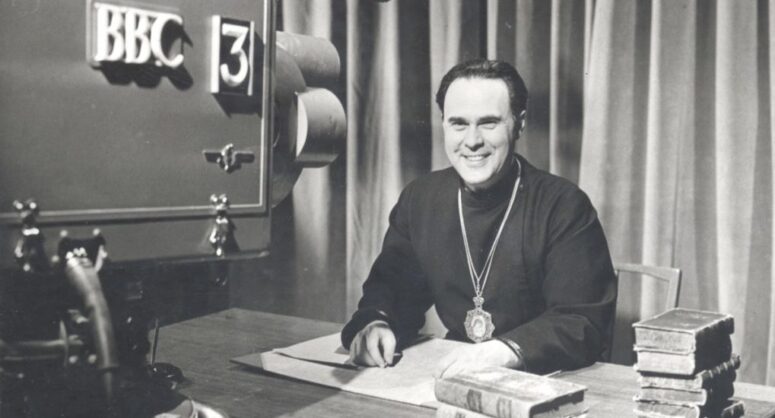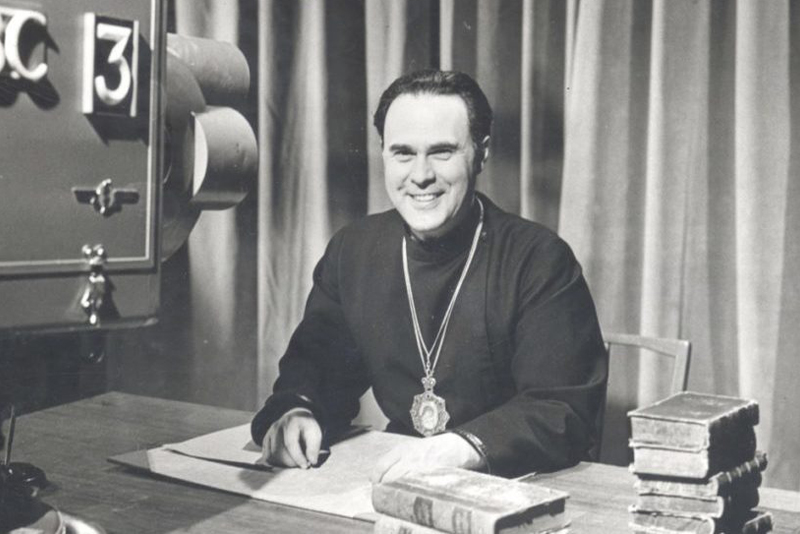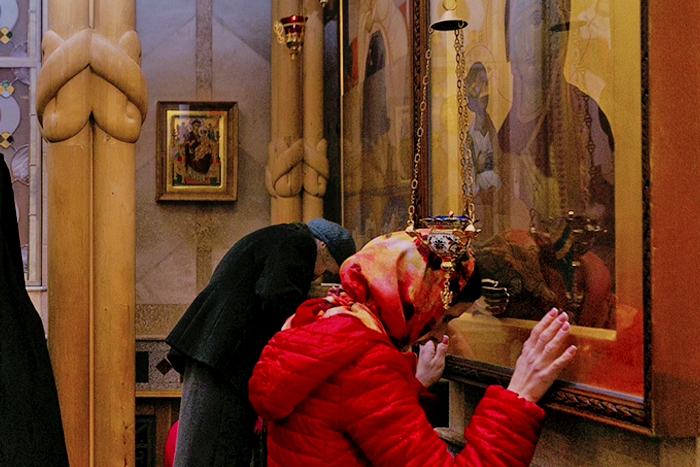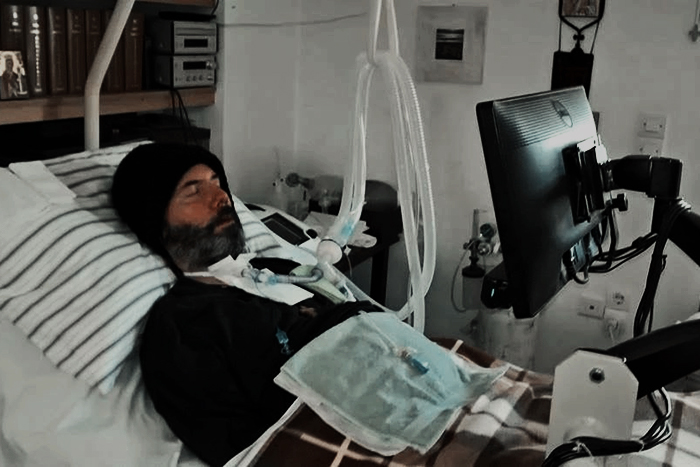
In the mid-1950s, when the future Metropolitan Anthony began speaking on the BBC, broadcasting was done strictly according to a previously approved text simply read with expression by the authors. At the same time, vladyka* always insisted on speaking live. In doing so, each time he agreed to appear on the radio, he had to resort to cunning and often “lost” his texts or “left” them at home. Sooner or later, the moment came when it was no longer possible to postpone the recording, and it was made without a script making Metropolitan Anthony, in fact, the founding father of the talk show genre in religious radio programs.
The oral genre was his deliberate choice. Archimandrite Leo (Gillet), whom Vladyka Anthony already knew from Paris, once reprimanded him, a young priest at the time, for reading his lecture from a sheet of paper making it sound “incredibly boring”. The future metropolitan had great respect for Father Leo and, obeying him, forever became a favourer of live oral presentations.
In the 1960s and 70s, Metropolitan Anthony’s first books appeared in English: School for Prayer, Living Prayer, God and Man and others. Vladyka personally participated in their publication: he negotiated with publishers, and even wrote one of the books with his own hand. But that was an exception to the rule, whereas the great majority of his books were compiled from his oral conversations.
Why was it so important for Metropolitan Anthony to speak live? We can only speculate. First, when the speaker reads the text, his contact with the audience is diminished, while every word in Metropolitan Anthony’s sermons was always focused on the very person in front of him. “It is impossible to communicate to a person an experience that he has not had.” vladyka used to say. He himself always returned in his conversations to the same topic: God so loved the world that He gave His only begotten Son in order for this world to be saved (John 3:16). This amazing news pervaded his entire life and all his faith. However, Metropolitan Anthony also said that if a person does not have (at least in an embryonic form) the experience of God’s love for the world, then it is impossible to “instill” that experience in him. For that reason, all his conversations and speeches invariably were based on the experiences of the people that he was addressing “here and now”.
And second, a lively conversation was a kind of spiritual exercise for vladyka where he tried to train his mind and memory, to keep his thoughts and narrative lines without leaning on “intellectual props” in the form of a printed text.
Vladyka was very popular on radio and television until the early 1990s when “political correctness” began to declare itself louder in Europe causing the media to move its focus away from Christianity, eventually resulting in his media appearances to come to an end. Of course, that did not happen overnight and came as no surprise to him. However, close friends remember how one day vladyka sighed with bitterness when he was told that he would not be invited to the BBC again.
Vladyka* (Russian Владыка – master) – a way of addressing an Orthodox bishop in Russia.
Translated by The Catalogue of Good Deeds
Source: https://foma.ru/kak-mitropolit-surozhskij-antonij-perehitril-bi-bi-si.html




